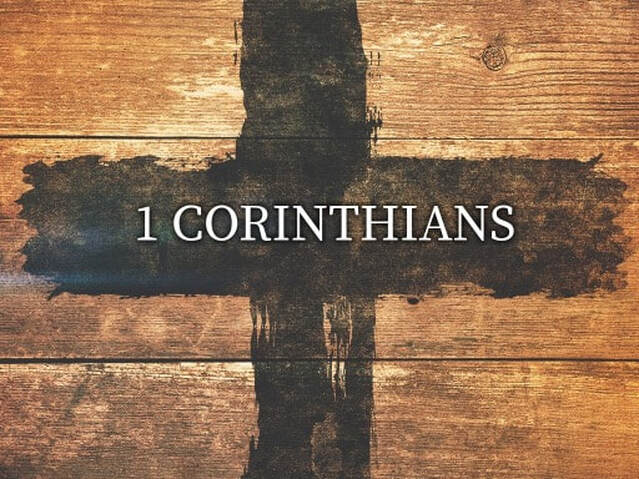Please remember that this evening we are gathering to read through the first chapters of 1 Corinthians. As we begin the reading, keep in mind that this is a letter from Paul to a community. I have attached a short commentary on ancient letters, and how Paul’s letters follow the same outline of greeting, prayer for the recipients, thanksgiving to God(s), body, salutation and personal greeting. See how Paul follows this template in 1 Corinthians.
In this chapter, Paul confronts the division of leadership within the congregation. Some claimed to follow Paul, some Apollos, some Peter, and some Christ. In the Roman Empire, learned men would not claim to follow a specific philosophy but would follow particular teachers, and this idea was carried into the church. We can only speculate as to what separated these different groups. For example, Apollos as an Alexandrian Jew would have taught a more intellectualized and philosophical Christianity, whereas Peter may have taught a Christianity that hewed closer to Jewish traditions. The more interesting group was the one that claimed Christ as their teacher. Even if they were perfect in their following of Christ, their fault was in acting as if Christ belonged to them, and them alone. As a result, they separated themselves as the “true believers” from the remainder of the church.
The most important part of these chapters, however, is how Paul overcomes these divisions by proclaiming the power of Christ crucified. Later in the letter, Paul will instruct the Corinthians on how to live with their differences, but here he boldly asserts that the unity of the church is at the Cross. Unity doesn’t lie in obedience to the Jewish law (Old Testament) nor in having the “correct” intellectual theology but in our gathering at the foot of our crucified lord.
Dinner tonight is at 6. The menu is chicken mole accompanied by a Mexican salad with cilantro and lime rice. Discussion at 6:45 and concluding with Compline.
“I ask not only on behalf of these, but also on behalf of those who will believe in me through their word, that they may all be one. As you, Father, are in me and I am in you, may they also be in us, so that the world may believe that you have sent me. The glory that you have given me I have given them, so that they may be one, as we are one.”
John 17:20-22.
There is one body and one Spirit, just as you were called to the one hope that belongs to your call, one Lord, one faith, one baptism, one God and Father of us all, who is above all and through all and in all.
Ephesians 4:4-6.

